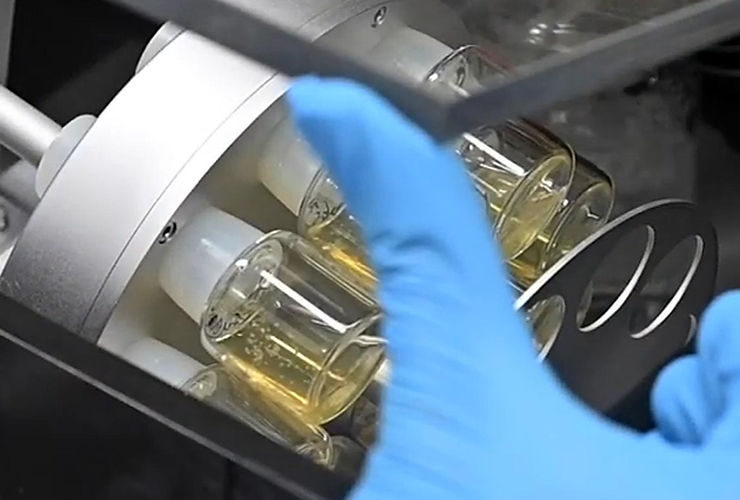By: Summer Chu
In Israel, stem cell researchers have created synthetic mouse embryos made without sperm or eggs. For eight days, they were grown in an artificial womb, a process that shows the potential for how this project could affect the medical field.
According to the research team, the project’s objective is not to discover how to create babies outside the womb, but to start understanding how organs develop in embryos and to use that knowledge to develop new ways to heal people.
“This is an important landmark in our understanding of how embryos build themselves,” Alfonso Martinez Arias, a developmental biologist at Pompeu Fabra University in Barcelona who is not involved in the research, said in an email. He called the experiment a “game changer.
The mouse embryos started from a clump of embryonic stem cells and then were slowly transformed into synthetic embryos that very closely resembled real mouse embryos. The embryos had rudimentary beating hearts, blood circulation, folded brain tissue, and intestinal tracts. All of this was done by a team of scientists at the Weizmann Institute of Science. After the embryos were put in the artificial womb, they stopped growing after 8 days, only a third of the time a real mouse embryo would take to develop in a real womb.
Using this new research, scientists may be able to develop synthetic embryo models for human organs. But these models have one problem, they are in the ethical sense, murky territory. At what point do synthetic embryos become so similar to the real thing that they are subject to protections akin to those applied to real embryos?
Legal scholar and ethicist Rosario Isasi, J.D., MPH, a research assistant professor at the University of Miami Miller School of Medicine published a commentary on December 12th in the journal Nature that discussed some of the ethical issues of this project. She warned that “Future progress depends on addressing now the ethical and legal issues that could arise.”
In the commentary she asked many very relevant questions including “should embryo models be treated legally and ethically as human embryos, now or in the future?” and “Does a modelled part of a human embryo have an ethical and legal status similar to that of a complete embryo?”











